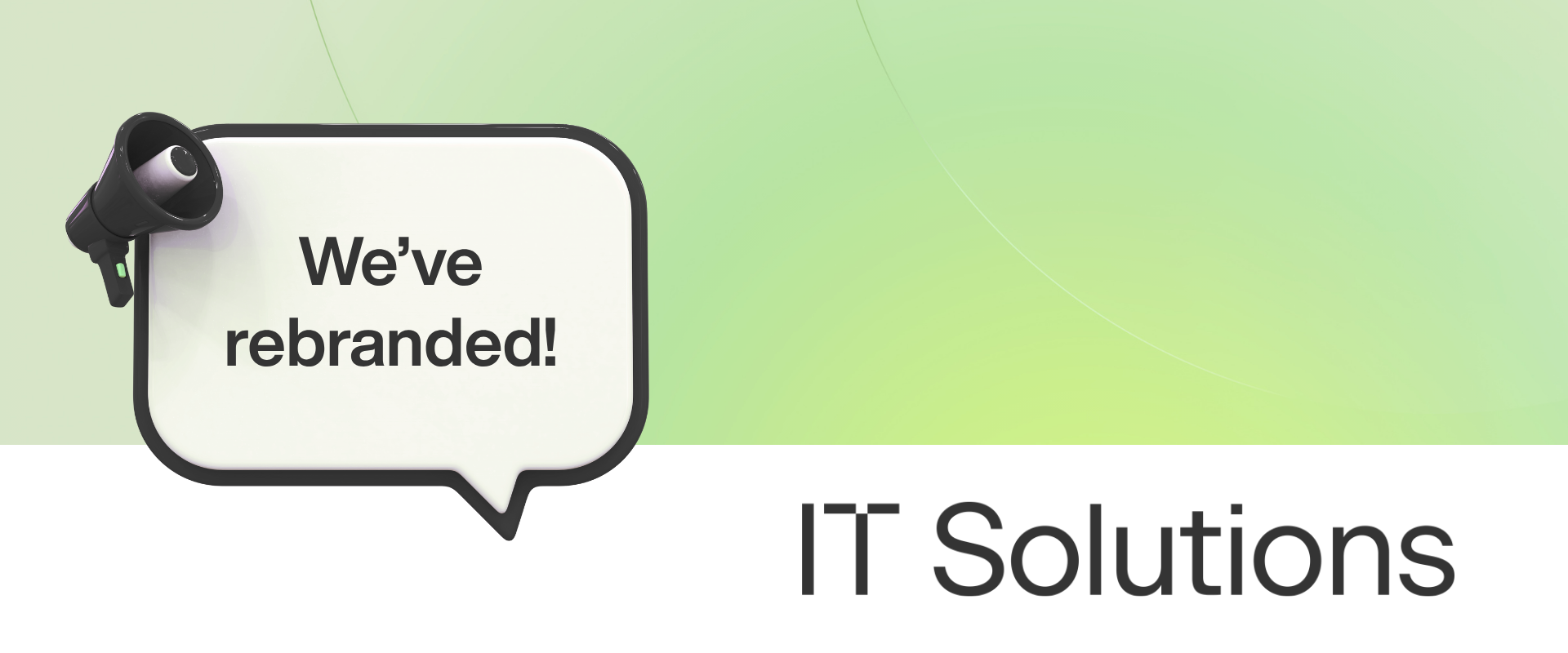Why Your Business Needs Email Journaling
/While cloud based team collaboration tools are rising in popularity, good ole’ fashioned email is still the primary tool for communication within many organizations. It’s familiar and easily shared among customers, vendors, and work teams. Because of its reach, we take the usual steps to keep our email safe and accessible, like implementing backups and archiving old emails so that we can restore deleted or lost messages or access old ones. But, there’s an extra step that many of us miss in our efforts to safeguard company email contents: email journaling.
What to Know About Email Journaling
What is Email Journaling?
Financial professionals and other businesses that must maintain compliance with special regulations are likely familiar with email journaling. But professionals in other fields may not be as familiar. The purpose of email journaling is to ensure that owners or managers have access to a complete, unchanged copy of all company email correspondence. And while this may seem like a breach of privacy, this oversight is essential to protecting your organization in the event of legal proceedings, for example, which would likely involve “e-discovery”—the process of collecting relevant information that is stored electronically. Having a mechanism in place for storing original copies of every employees’ sent and received messages mitigates your risk down the road.
Benefits of Email Journaling
Journaling is the best tool to achieve this for several reasons. Your normal data backups, whether remote or on-premise, aren’t designed to store your email messages indefinitely. The cost of doing so would likely be prohibitive. Plus, data backups are designed to facilitate quick restores of lost data, meaning that they are meant to mirror the actual state of email inboxes—after deletions and other changes have been made. So, backups usually aren’t a good mechanism for ensuring that all communications are preserved in their original forms indefinitely.
And while email archiving is designed to provide inexpensive long-term storage, the main goal behind archiving is to give users access to their older email. We’ve all been there – we know the information we need is in an email that we sent or received two years ago . . . if we could only find it! Archiving is designed to solve this problem, giving us access to messages that have been purged from our inbox. But it’s not designed to preserve original copies of all messages. Typically, users have the ability to delete their email messages, whether archived or not. While this certainly helps with productivity, it doesn’t satisfy the need of managers, owners, and legal teams to have access to all email correspondence, in its original form.
This is where email journaling comes in. It works in the background—without the individual user’s intervention—to save carbon-copies of the contents of all email messages, in their original forms. It doesn’t provide a restore-ready copy of your data, like a backup. It doesn’t provide an easily accessible trove of past correspondence for users, like an archive. But it does provide a relatively inexpensive, tamper-proof record of all email correspondence to mitigate any liabilities that should arise from that correspondence.
Implications for Businesses
While it’s not fun to think about, your business likely needs the protection that email journaling affords. Too often, businesses learn this lesson the hard way when they find themselves in the middle of legal proceedings without the records they need to defend themselves.
So, don’t wait until it’s too late. Start a conversation with your management team about email journaling today, and contact us if you’d like help.





